Welcome to
ExoticasFlyingColors
Welcome to
ExoticasFlyingColors
Home Page
colorful Parrots 🦜
Who We Are
We are a family-owned Aviary that specialize in a variety of exotic parrots. We are focused on providing the highest quality hand-fed babies with the highest level of customer satisfaction.
The birds we raise in our family environment are interacted with daily, including children and other birds. This helps develop their personality, build their trust in people, and provide their new owners a wonderful new feathered friend.
Why Buy a Bird from US?
We specialize in raising tamed, well socialized and confident companion parrots.
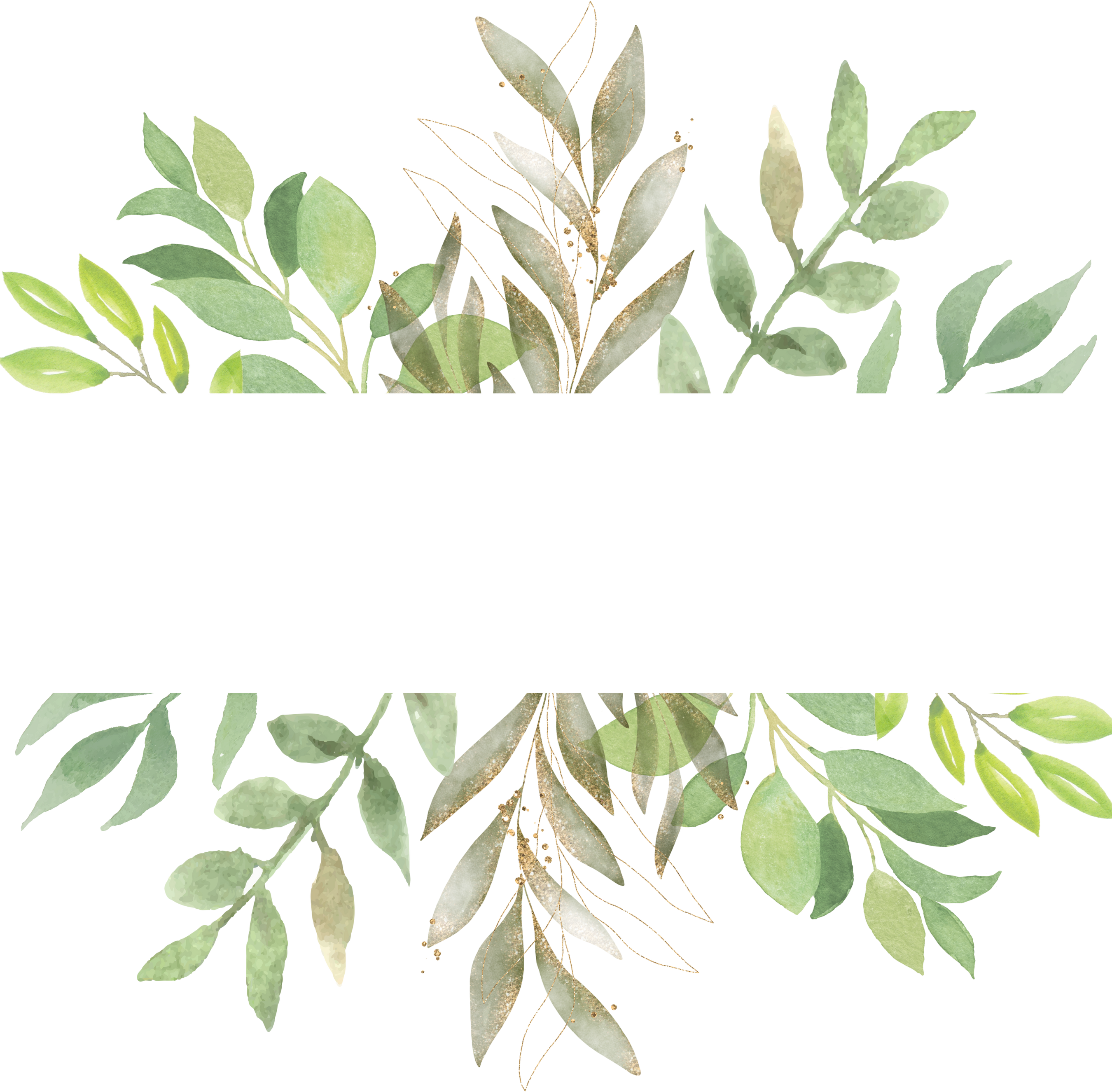
HANDFED/WELL SOCIALISED
All of our babies are pulled from mom and dad at 2 weeks old and start to be handfed from there. Our babies come in daily contact with people of all ages, other species of parrots and our family pets. During this time they learn basic flock manners and acceptable social behaviors.

HEALTHY BABIES
We take all our birds health very seriously, we specialize in heart health detox program.

WEANING/DIET
We do not force our babies to wean as each and every babies growth and development is different. Our babies are weaned onto a diet that consists of vegetables, homemade mash, high quality pellets, Along with various Nuts and Seeds.
DIET
What not to feed baby
Here is a list of things you should NEVER feed your birds.
1. Onion, garlic, and related plants - While tasty to us, onion, garlic, and anything within that family of plants should be avoided. They can cause digestive distress in small amounts. In large amounts they can be deadly. There are articles about people giving small amounts of garlic supplements to their birds with no harm, but it's not something we're willing to do. If you buy pre-packaged dried bean mix, make sure that the spice packet is separate, and not already mixed with the beans. Save these and use them for something else like soup.
2. Caffeine - No coffee, tea or soft drinks for your feathered friends. Great to give us humans a kick start in the morning, but not so great for birds. Caffeine has the same effect on birds, but due to their small bodies, a little bit of coffee can cause seizures or heart failure. Some herbal teas, like chamomile are ok for birds, but check the label to make sure it doesn't have caffeine. It must say Caffeine Free, notDecaffeinated. Chamomile can work as a natural calming agent for stressed birds.
3. Artificial Sweetener - There have been cases of birds developing an intolerance to artificial sweeteners. This can cause seizures, panic flights, badly formed feathers, poor appetite, and lethargic behavior. Most of what we've read shows that birds can recover from this if it is identified quickly. Xylitol can be particularly toxic to dogs and cats. It's better to avoid it for all of your pets.
4. Chocolate - Who doesn't like a nice piece of chocolate once in a while? It just makes the world better. Unfortunately it's bad for birds. The stimulant in chocolate, theobromine, which makes humans feel good after eating it, can cause heart attacks, depression, regurgitation, seizures, liver damage, and death in birds.
5. Alcohol - This should be obvious. A very small amount can cause organ damage and death in birds.
6. Avocado - While some people claim that birds can eat the flesh of an avocado without ill effects, it's best to avoid it entirely. The pit of the avocado contains a toxin that can leach into the flesh and skin. A small bit of this can cause breathing, digestive issues, and death.
7. Mushrooms - Many types of mushrooms are perfectly safe for humans, but are toxic for birds. Some can cause death within minutes, or a more lingering death caused by liver failure.
8. Seeds From Stone Fruits - Stone fruits are things like cherries, apricots, peaches and the like. The flesh is just fine for the bird, but the pit, or seed in the center is toxic. They contain a small amount of cyanide. While a single cherry pit isn't going to hurt us, it can quickly kill a bird. Fresh cherries are great for birds, but remove the pit first. Never feed canned or processed cherries. Apple seeds should be avoided as well.
9. Dairy - These can be hit or miss, so use caution. A small piece of cheese fresh from the bag isn't bad for an occasional treat. Dairy products can spoil quickly, and things like yogurt can have artificial sweeteners added. Cheese with mold like bleu cheese, should be avoided entirely. Some dairy products can be high in fat and salt. If you aren't sure, read the label, and if you have any doubts about safety, then don't give feed it.
10. Salt - This can be a tricky one, so use caution and read labels. A low salt cracker might sound like a great snack for your feathered friend, but it really isn't. While we may not even be able to taste the salt, the low amount in that cracker can still be bad for your bird, and salt tends to be everywhere. Things like crackers, chips, and popcorn might be a fun treat, but aren't good at all. No matter how many times you hear it, Polly does NOT want a cracker.
11. Nuts - This is another tricky one. In the wild, birds do not eat peanuts. Peanuts grow underground and there is no bird that digs them up in order to eat them. Peanuts in the shell should be avoided as they can have a fungus on them. Roasting them isn't enough to kill the fungus. A lot of roasted peanuts are salted. Never feed honey roasted, or something from a can of mixed nuts. You can buy raw peanuts, and boil them for six to eight hours in unsalted water. This kills the fungus and gives them the texture of a soft bean. You can find them frozen, but check the label. They may have added salt or spice that your bird doesn't need. It's not that all nuts are bad, just use caution and be aware of what you're feeding. Some birds, like macaws, actually need the extra fat from nuts in their diet. One or two a day is usually all they need. Just be careful and avoid the extra salt.
What Plants are Toxic
These plants are considered to be toxic for birds. Please consult an avian vet for specifics.
Amaryllis -
poisonous to dogs and cats as well
Poinsettia - poisonous to dogs and cats as well
Rhubarb Leaves - toxic to people as well
Andromeda
Avocado
Azalea
Baneberry
Bean Plant
Belladonna
Bird of Paradise
Black Locust
Bleeding Heart
Boxwood
Bulb Flowers
Buttercup
Braken Fern
Caladium
Clover
Coffee Plants
Cherry Tree
Chestnut Tree
Clematis
Coral Plant
Cowslip
Crown etch
Daffodil
Daphne
Delphinium
Dieffenbachia
Elderberry
Elephant Ear
Eucalyptus-dried
Euonymus
Felt Plant
Ficus
Firethorn
Flame Tree
Four O’ Clocks
Foxglove
Heliotrope
Holly
Honeysuckle
Hyacinth
Hydrangea
Iris
Ivy
Jasmine
Jerusalem Cherry
Jimsonweed
Juniper
Marigold
May Apple
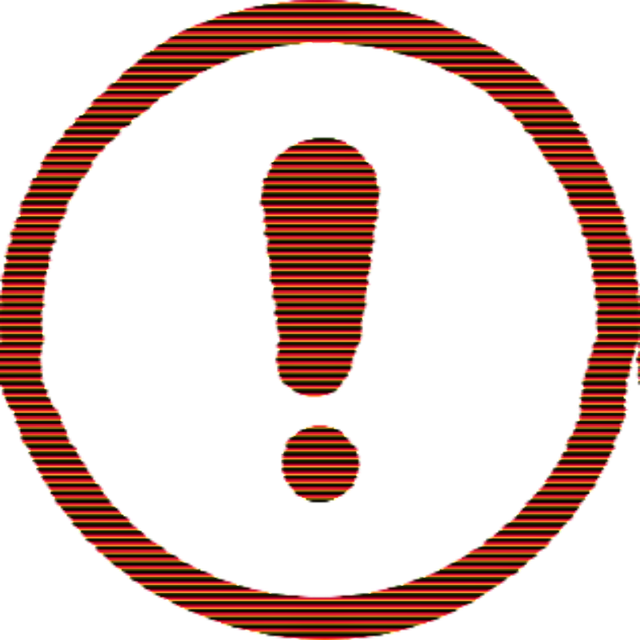
Milkweed
Mistletoe
Mock Orange
Monkshood
Morning Glory
Mountain Laurel
Mushrooms
Narcissus
Nectarine Trees
Nettles
Nightshade
Nutmeg
Oak Trees
Oleander
Peach Tree
Periwinkle
Philodendron
Pigweed
Plum Trees
Poison Ivy
Poison Oak
Poison Sumac
Pokeweed
Potato Plants
Pothos
Privet Hedge
Prune Trees
Purple Seabane
Ranunculus
Red Maple
Rhododendrons
Rubber Plant
Sandbox Tree
Shamrocks
Skunk Cabbage
Snowdrop
Sorrel
Spurges
Sweet Pea
Tobacco
Trumpet Vines
Tomato Plants
Vetch
Wattle
White Cedar
Wisteria
Wild Sunflowers
Yews
Danger
Non-stick cookware, commonly knows as "Teflon" is dangerous to birds. When overheated it releases a colorless, odorless gas called polytetrafluoroethylene (PTFE). Unfortunately non-stick coatings are everywhere. You can find it on household appliances like irons, ironing board covers, space heaters, hair dryers, and curling irons. In the kitchen you can find it on non-stick cookware, cookie sheets, drip pans, indoor grills, and waffle irons. The danger comes when these items are overheated and the surface becomes damaged. When this happens, toxic gasses and particulates start to be released.
In the wild, some birds fly 25 miles or more a day in search of food. They can do this because they have incredibly efficient respiratory systems, and this makes them very susceptible to poor quality air and pollution.
Signs of teflon toxicity are difficulty breathing, or gasping for air. Weakness, listlessness, coma, the inability to stand on a perch, and confusion. For some birds the exposure can cause death within minutes and without warning.
A few simple guidelines can help prevent any of this from happening.
1. Never use non-stick cookware. Check with the manufacturer if you are unsure. When in doubt, throw it out.
2. Always use ventilation, open windows, vent hoods fans when cooking.
3. Keep your birds away from your kitchen. A family room next to the kitchen is still a danger.
There are other kitchen dangers that are deadly to birds. Birds don't have any concept of danger from things like a pot of boiling water, or a hot sauté pan. If you have a self cleaning oven, you must remove your birds from the house before using the self cleaning cycle. Open all of the windows, and turn on fans to circulate the air out of the house. The self cleaning cycle heats the oven up to a very high temperature and it burns off anything on the interior surface. The ash and gasses that are released are deadly to birds. Remove your birds before starting the cleaning cycle, and wait for 24 hours after the cleaning cycle has ended before you bring them back inside. This will give you the time to air out the house completely.
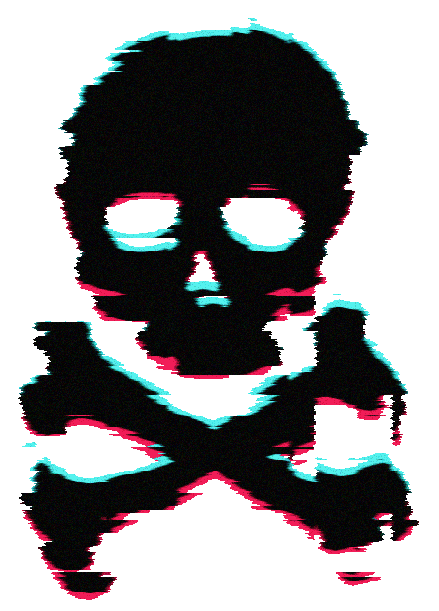
Home Dangers
Birds are curious by nature, and sometimes that curiosity can be deadly. Here are some tips to keep your feathered friends as safe as possible.
Much of this is common sense, but worth repeating.
Turn off ceiling fans if your bird is flighted. This doesn't even need explaining.
Cover your windows. Either close the curtains or hang sheers. Little birds are fast. Big birds are faster. Flying head first into a glass window can be deadly.
Hide electrical cords. Think of your bird as a toddler that never grows up. If you wouldn't let your toddler put it in their mouth, then make sure your bird can't do it either.
The kitchen should always be a bird free zone in your house. Hot water, hot oil, smoke from cooking, etc. All of these things can be deadly. See the FAQ entry on Teflon Toxicity for more information.
Many things we take for granted are toxic, or potentially deadly for birds. Avoid air fresheners, scented candles, essential oil diffusers, and cleaning sprays with bleach. All of these can quickly kill a bird. A good rule of thumb is that if you can smell it, so can your bird. If it's strong for you, it's deadly for your bird.
httwps://www.petinsurance.com/healthzone/pet-healuth/pet-toxins/teflon-poisoning-in-birds/
what is sAFE

What Foods Are Safe
Grains & Nuts
- Pasta, cooked
- Rice, cooked
- Quinoa, cooked
- Oats
- Buckwheat
- Barley
- Flax Seed
- Chia Seed
- Hemp Seed
- Whole Grain Bread
- Non-Salty Crackers
- Pistachios
- Walnuts
- Pecans
- Almonds
Vegetables
Fruits
- Apples (no seeds)
- Oranges
- Grapes
- Cherries
- Lemons
- Limes
- Pomegranate Seeds
- Bananas
- Pears
- Strawberries
- Blueberries
- Raspberries
- Peaches (no pits)
- Melons
- Mangoes
- Papayas
- Pineapples
- Figs
- Apricots
- Nectarines
- Kiwi Fruit
- Plums (no pits)
- Passion Fruit
- Dragon Fruit
- Guava
- Currants
- Coconut
- Goji Berries
- Paw Paw
- Persimmons
- Star Fruit
- Mulberry
- Boysenberry
- Blackberry
- Blood Oranges
- Gooseberries
- Kumquat
- Cranberry
- Lychee (no seeds)
Protein & Misc
- Beans, cooked
- Eggs, cooked
- Egg shells, crushed
- Poultry Meat, cooked
- Fish, cooked
- Poultry Bone Marrow
- Tofu
- Meal Worms, Insects
- Bee Pollen Granules
- Honey
- Non-Fat, Lactose Free Dairy
- Non-Fat Yogurt
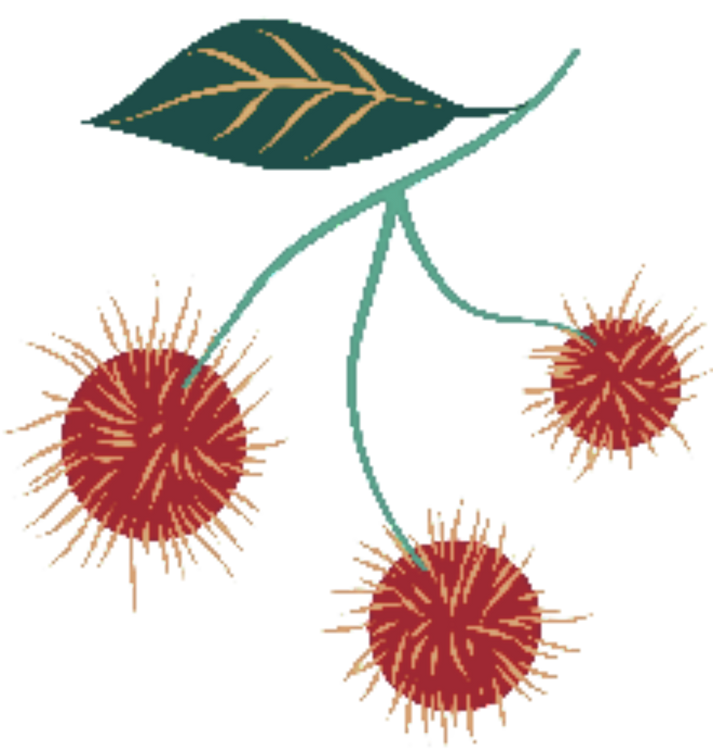
- Kale
- Bok Choy
- Spinach
- Mustard Greens
- Turnips (including greens)
- Collard Greens
- Bean Sprouts
- Brussel Sprouts
- Broccoli
- Sweet Potatoes
- Potatoes, cooked
- Squash
- Zucchini
- Pumpkin (including seeds)
- Bell Peppers
- Sweet Peppers
- Red Peppers
- Snow Peas
- Snap Peas
- Sweet Peas
- Corn
- Carrots (including tops)
- Green Beans
- Fennel
- Chard
- Jalapeños
- Artichoke
- Beetroot
- Cilantro
- Ginger Root
- Okra
- Oregano
- Cauliflower (including leaves)
- Endive
- Dill
- Taro
- Silver Beet
- Dandelion Greens
- Parsnips
- Marjoram
- Cucumber
Safe Plants
Eucalyptus
fresh branches are ok. Dried
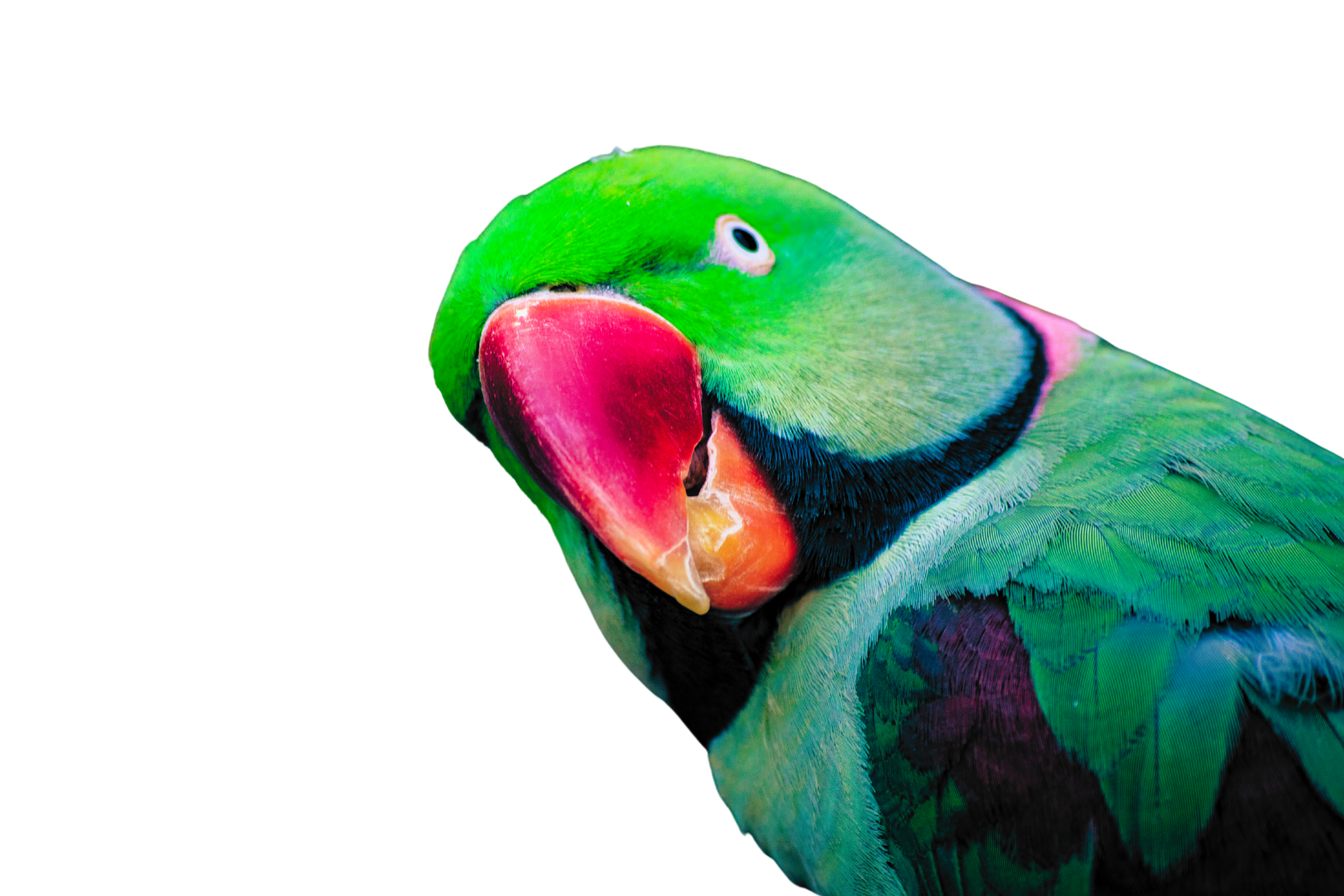
Acacia
African Violet
Aloe Plant
Asparagus Fern
Baby’s Tears
Bamboo
Begonia
Boston Fern
Bougainvillea
Chickweed
Christmas Cactus
Coffee Tree
Coleus
Corn Plant
Crab Apple
Dandelion
Dogwood
Donkey Tail
Dracaena
Dragon Tree
Easter Cactus
Ferns
Figs
Gardenia
Grape Ivy
Acacia
African Violet
Aloe Plant
Asparagus Fern
Baby’s Tears
Bamboo
Begonia
Boston Fern
Bougainvillea
Chickweed
Christmas Cactus
Coffee Tree
Coleus
Corn Plant
Crab Apple
Dandelion
Dogwood
Donkey Tail
Dracaena
Dragon Tree
Easter Cactus
Ferns
Figs
Gardenia
Grape Ivy
Hens & Chickens
Jade Plant
Kalanchoe
Magnolia
processed are not.
Monkey Plant
Nasturtium
Oregano
Palms
Pittosporum
Petunias
Prayer Plant
Rose
Rosemary
Rubber Tree
Schefflera
Sensitive Plant
Spider Plant
Snake Plant - not safe for cats
Swedish Ivy
Thyme
Thistle
Wandering Jew
Wax Plant
White Clover
Zebra Plant
Hens & Chickens
Jade Plant
Kalanchoe
Magnolia
processed are not.
Monkey Plant
Nasturtium
Oregano
Palms
Pittosporum
Petunias
Prayer Plant
Rose
Rosemary
Rubber Tree
Schefflera
Sensitive Plant
Spider Plant
Snake Plant - not safe for cats
Swedish Ivy
Thyme
Thistle
Wandering Jew
Wax Plant
White Clover
Zebra Plant
What
We
Breed
Indian Ringneck
Green CheeksConure
Red Factor Conure
Babies
Contact Me
Phone Number
text please or email
(541-887-1215)
Vidakitty36@gmail.com
Instagram:
ExoticasFlyingColors
ExoticasColors

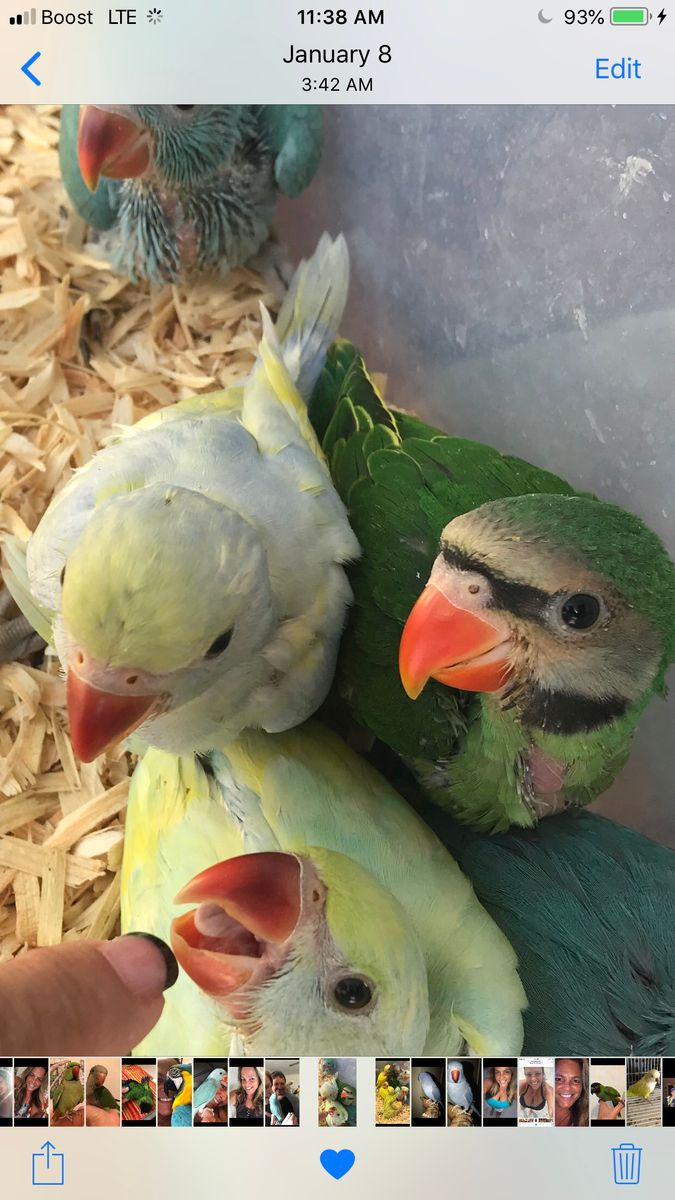
2023
Babies
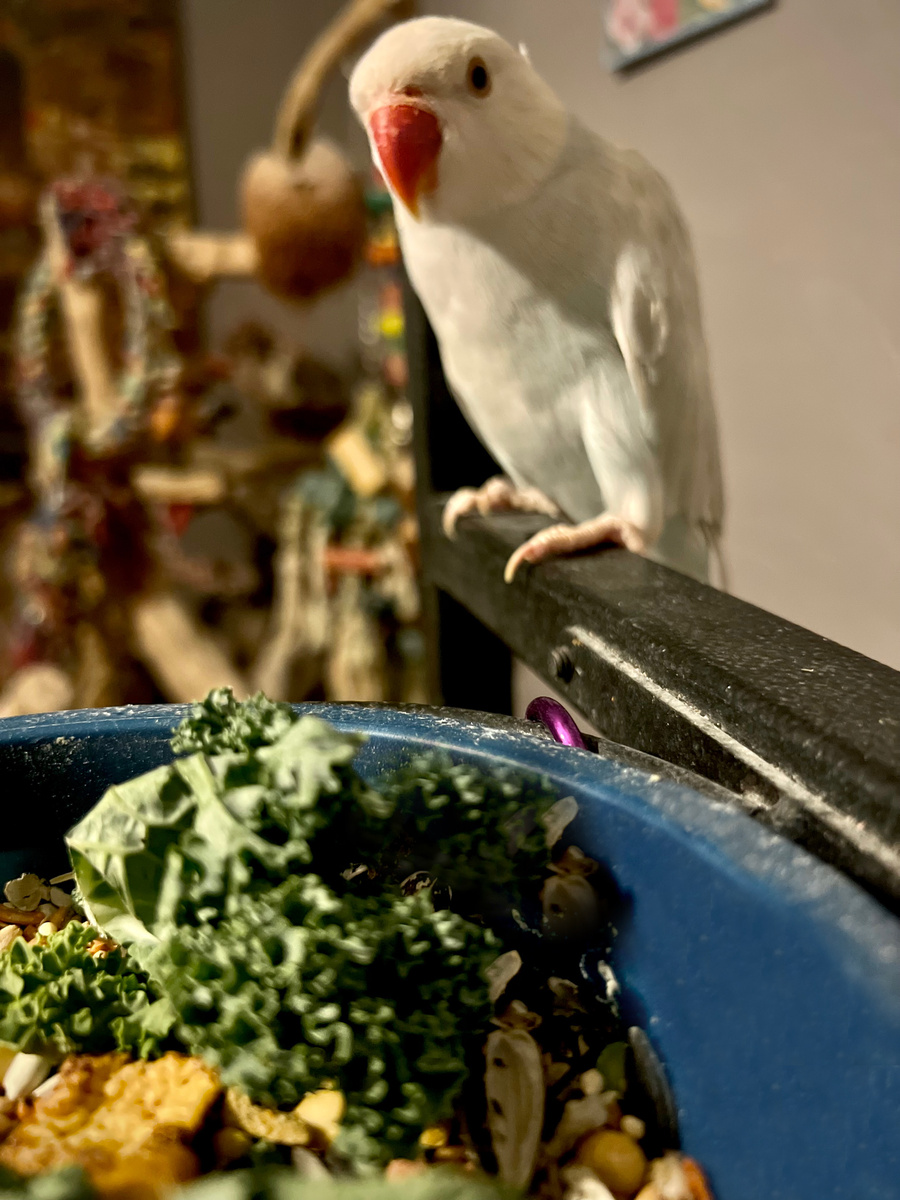
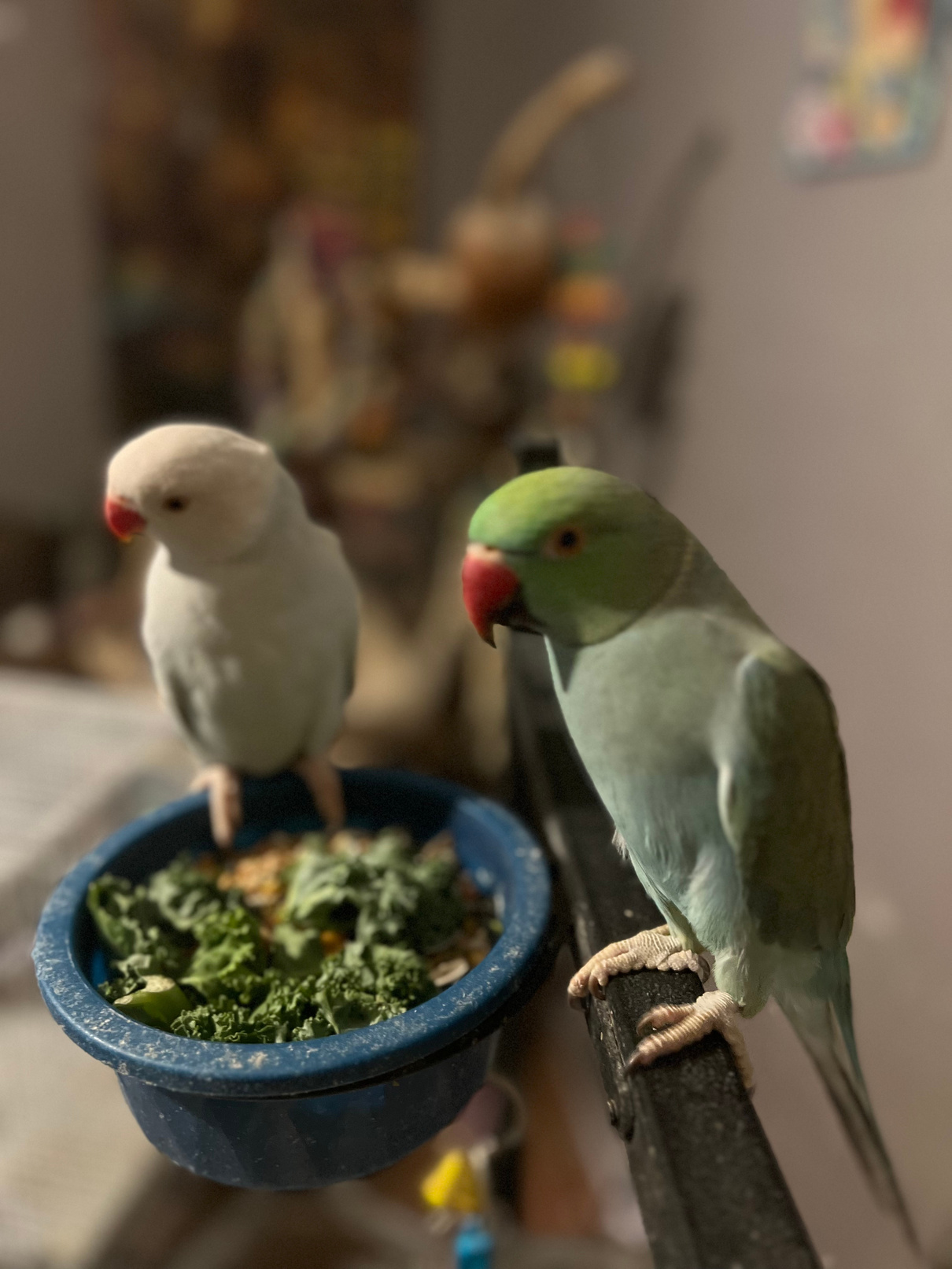
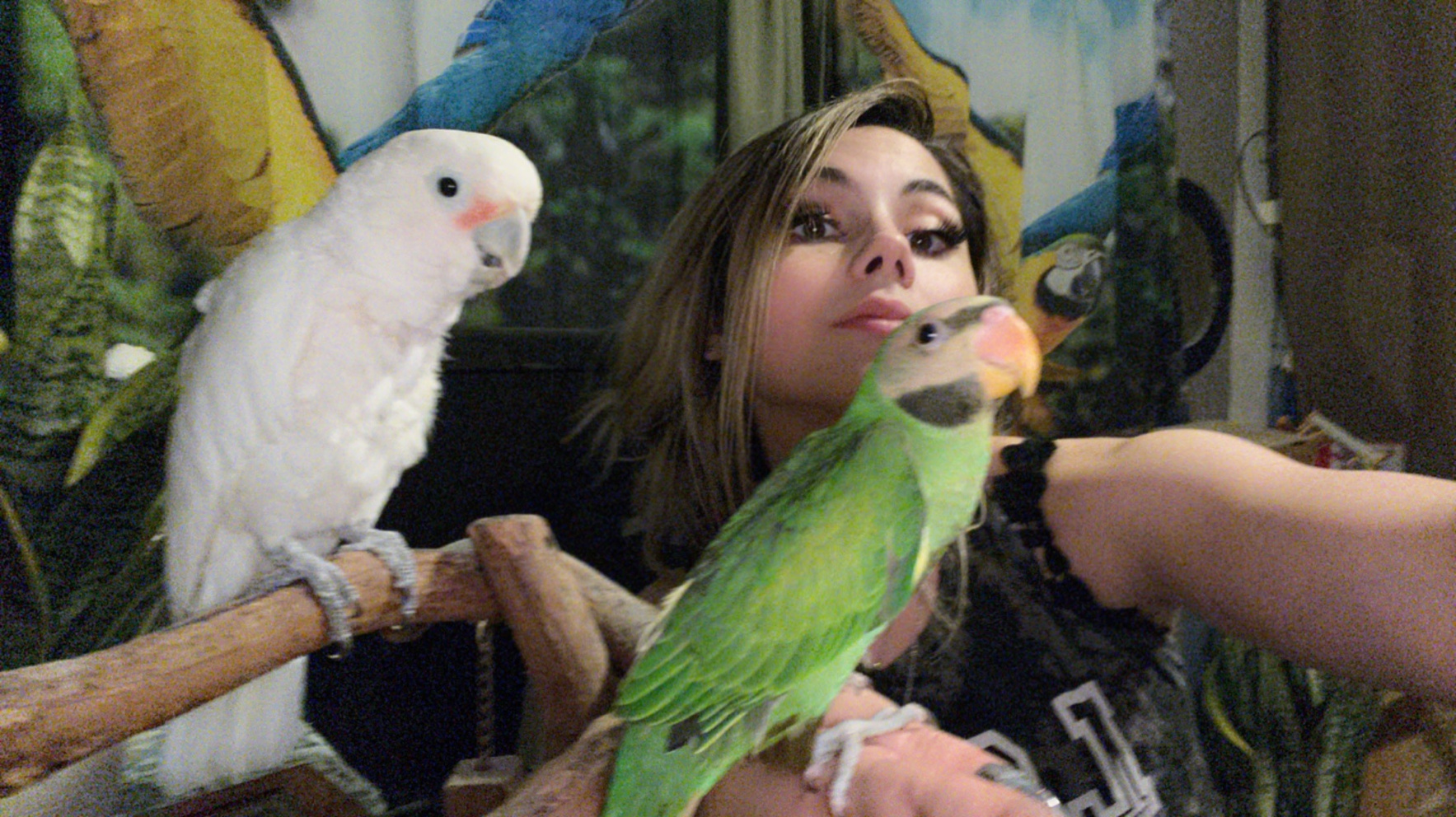
Coming Soon
Parakeet
Mustache
Durbian Parakeet